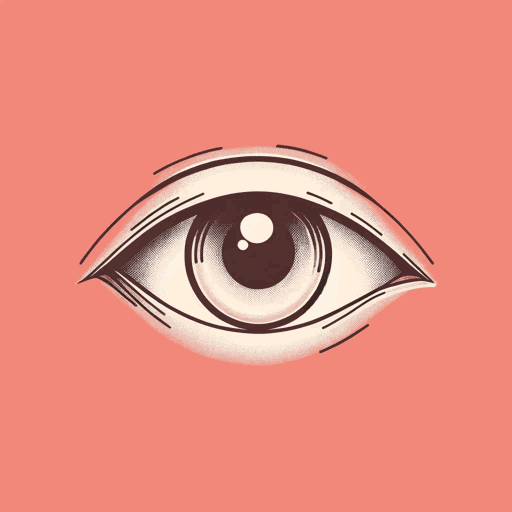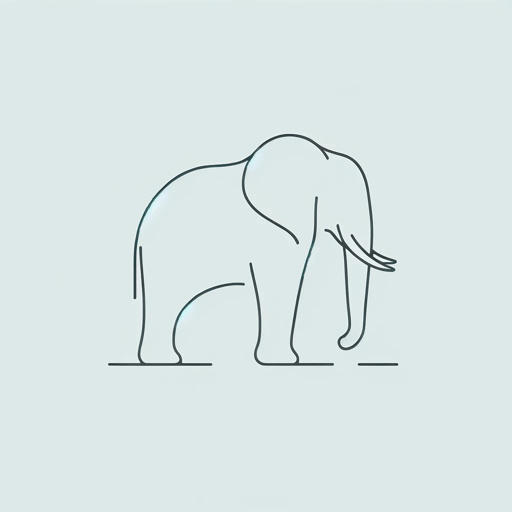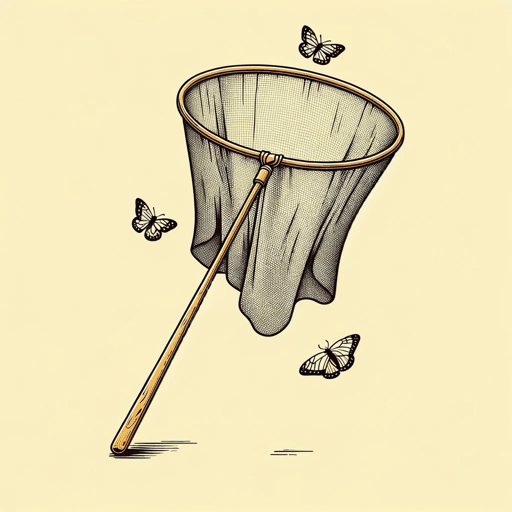35 pages • 1 hour read
George OrwellKeep the Aspidistra Flying
Fiction | Novel | Adult | Published in 1936A modern alternative to SparkNotes and CliffsNotes, SuperSummary offers high-quality Study Guides with detailed chapter summaries and analysis of major themes, characters, and more.
Important Quotes
“At this moment he hated all books, and novels most of all. Horrible to think of all that soggy, half-baked trash massed together in one place.”
(Chapter 1, Page 4)
Gordon’s cynical attitude first becomes clear as he is working a shift in the bookshop. Gordon not only resents money and its influence over society, but also the supposed inferiority of the books he sells in comparison to his own work. However, despite Gordon’s distaste for money, it is clear in this passage that he views literature according to its monetary worth. He judges even the success of his poetry collection, Mice, by how many copies it sold.
“For after all, what is there behind it, except money? Money for the right kind of education, money for influential friends, money for leisure and peace of mind, money for trips to Italy. Money writes books, money sells them. Give me not righteousness, O Lord, give me money, only money. He jingled the coins in his pocket. He was nearly thirty and had accomplished nothing; only his miserable book of poems that had fallen flatter than any pancake. And ever since, for two whole years, he had been struggling in the labyrinth of a dreadful book that never got any further, and which, as he knew in his moments of clarity, never would get any further. It was the lack of money, simply the lack of money, that robbed him of the power to ‘write.’”
(Chapter 1, Page 9)
Money is at the root of all problems, at least in Gordon’s opinion. The lack of money even hinders the creative process, for the reasons Gordon lists. This becomes a recurring theme in the book, as Gordon views his poverty as limiting him in all aspects of his life by his poverty. This tying of money to worth both mirrors and subverts how capitalist society judges people’s value; where the latter assumes wealth proves someone’s worth, Gordon assumes wealth is a prerequisite for creativity, morality, etc.
“At this moment it seemed to him that in a street like this, in a town like this, every life that is lived must be meaningless and intolerable […] For can you not see, if you know how to look, that behind that slick self-satisfaction, that tittering fat-bellied triviality, there is nothing but a frightful emptiness, a secret despair? The great death-wish of the modern world.”
(Chapter 1, Page 16)
Gordon’s politics are mostly limited to the view that “civilisation’s dying” and there is nothing to be done about it (90). In Gordon’s view, society is stuck in a self-destructive spiral. This reflects and encourages Gordon’s willingness to ruin his own life to follow his anti-money philosophy.
Related Titles
By George Orwell

1984
George Orwell

A Hanging
George Orwell

Animal Farm
George Orwell

Burmese Days
George Orwell

Coming Up for Air
George Orwell

Down and Out in Paris and London
George Orwell

Homage To Catalonia
George Orwell

Politics and the English Language
George Orwell

Shooting an Elephant
George Orwell

Such, Such Were the Joys
George Orwell

The Road to Wigan Pier
George Orwell

Why I Write
George Orwell

